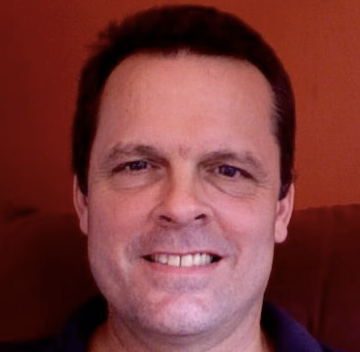Jeff Rowe
After a security researcher found that the unencrypted devices could be forced to deliver unauthorized insulin doses, J&J sent patients a letter but also said the probability of such an attack is low.
"Freshness" is a word you often hear in the food business. But given the amount of change underway in healthcare, and given how pressure can take a toll on staff members, you could say it's a concern for health IT managers, too.
When it's hard to get good people, you work hard to keep the ones you've got. That's one way of summing up the philosophy of the IT department at the Bridgton, N.J.-based Inspira Health Network.
How quickly can an IT department go from 0 to 60? That's not a question one often encounters in healthcare, but it comes readily to mind after you've heard about Kootenai Health in Coeur d'Alene, Idaho.
Healthcare stakeholders who are looking to understand what mHealth can do for their organizations would probably like to find the information they need all in one place. Which is where the mHealth knowledge center at the 2014 HIMSS Annual Conference & Exhibition comes in.
Updating hardware and implementing software programs are perhaps the most visible elements of the digital transition, but an equally important shift is happening more or less behind the scenes in the world of coding.
While the rapid spread of mobile apps and devices has led to innovations in providing targeted physical care, more and more technology is being put to work reaching out to patients struggling with mental illness.
The case has been made many times that technology will help healthcare organizations become more efficient. But even for those who manage to implement new EHR systems, how many actually know how to make the best use of them?
Most health IT professionals are probably more focused on implementing or maintaining systems than they are tracking larger healthcare trends, such as the pace at which hospitals and practices are being bought and sold. The fact is, however, that IT can be a significant factor in the decision-making of healthcare administrators.
If there's one thing everyone in healthcare can probably agree on right now, it's that there is an awful lot of data being generated each and every day. What to do with that data, however, is another question.
